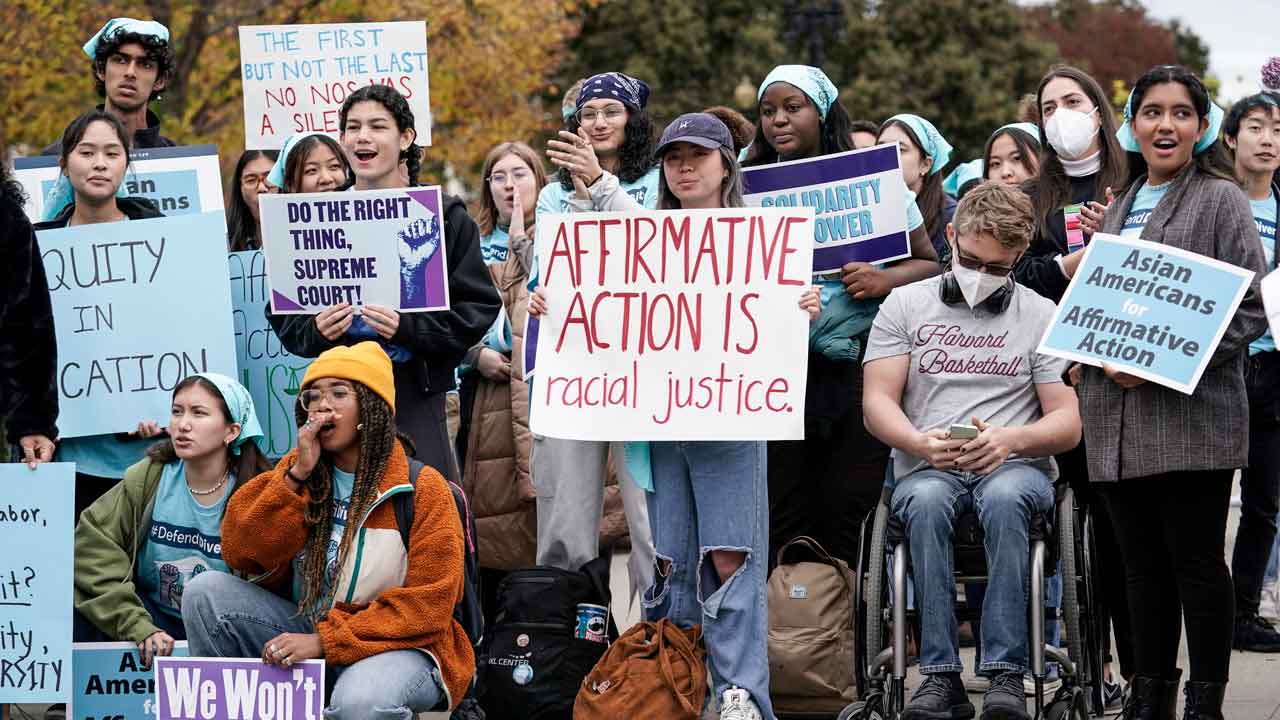Medical schools ‘skirting’ SCOTUS ruling rejecting race in admissions: report

A recent report conducted by the nonprofit organization Do No Harm (DNH) has raised concerns about medical schools allegedly finding ways to bypass a 2023 Supreme Court ruling that rejected the use of race-based factors in admissions. DNH, which represents various stakeholders in the healthcare industry, aims to keep “identity politics out of medical education, research, and clinical practice.”
The organization’s previous report highlighted that despite the Supreme Court ruling, many within the healthcare establishment still adhere to the principle of racial favoritism and reject the idea of race blindness. The report also noted that the Association of American Medical Colleges (AAMC) and several medical specialty societies and medical schools had rebuked the Supreme Court decision, raising concerns about potential circumvention of the ruling.
The newly published data, titled “Skirting SCOTUS: How medical schools will continue to practice racially conscious admissions,” analyzed MCAT data and available admissions data. However, due to AAMC’s lack of publishing school-level data, it remains unclear which medical schools are still implementing affirmative action and to what extent. The data also excludes public universities, which are already prohibited from engaging in such practices.
The report highlighted that among the thirteen schools that provided clear racial/ethnic demographic data for the classes of 2027 and 2028, four experienced an increase in the proportion of black or Hispanic students. It suggested that schools like Quinnipiac, Maryland, Chicago, and Duke warrant scrutiny for admitting black and Hispanic medical students at a rate that significantly exceeds their representation in the applicant pool.
Ian Kingsbury, research director at DNH, expressed shock at how some medical schools are allegedly evading the Supreme Court ban on affirmative action. He emphasized the importance of data transparency and accountability in admissions processes to ensure fairness and equal opportunities for all applicants.
Despite the Supreme Court’s 2023 ruling against the use of race in college admissions, challenges persist in addressing racial discrimination in higher education. More work needs to be done to ensure equitable access to educational opportunities for all students.
The report’s findings underscore the ongoing debate surrounding affirmative action in medical school admissions and the need for continued efforts to promote diversity and inclusion in the healthcare workforce. It is crucial for medical schools and stakeholders to uphold principles of fairness and equal treatment in the admissions process to create a more diverse and representative physician workforce.




